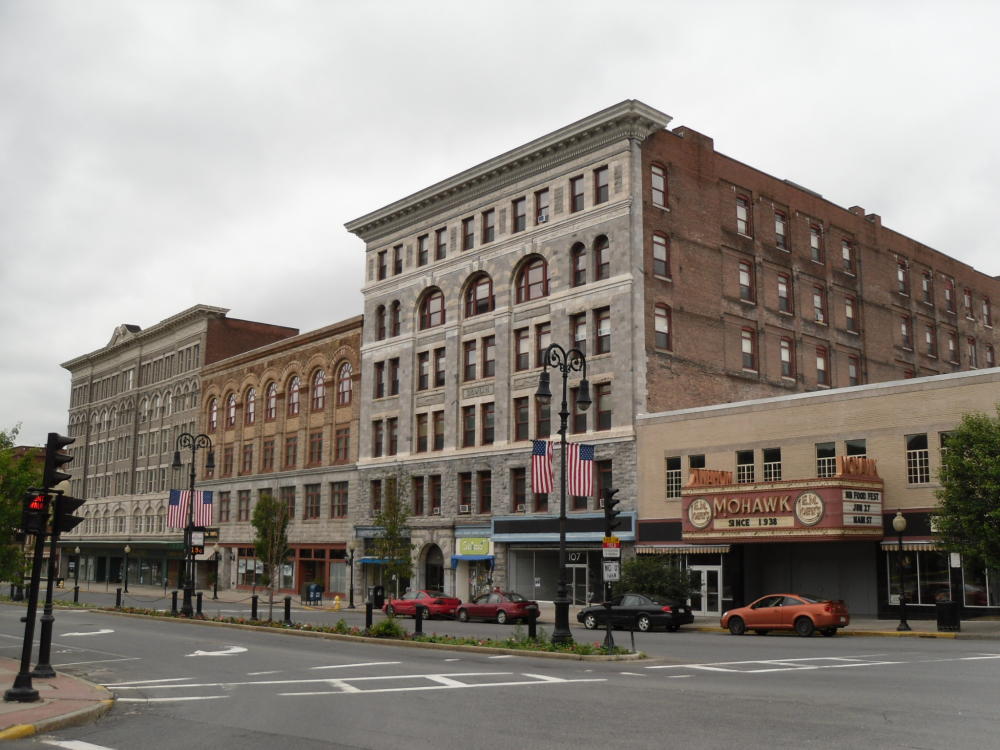Massachusetts voters last week approved the recreational use of marijuana. Local elected officials are now trying to figure out what all of this means for their communities.
The Berkshire County city of North Adams is just a short drive from Vermont and New York, states where recreational marijuana remains illegal. Mayor Dick Alcombright, who is against legalization, said pot shops wouldn’t be his first way to lure people to his city, but he added this:
“As mayor, we have to look at ways that present opportunities for folks to come here and shop and dine and do all these other things,” Alcombright said. “If that’s a piece of it, I guess it is.”
Cities and towns have the right to impose up to a 2-percent local tax on marijuana sold in their communities. They also can limit the amount of stores that sell it, or — if voters agree in a local referendum — prohibit any marijuana shops at all.
That’s a conversation Mayor William Reichelt expects in West Springfield, one of the few western Mass. communities to vote against Question 4 last week.
Reichelt is also proposing a moratorium on pot shops until the town council comes up with an ordinance governing them, just in case.
“I understand the way it’s written now, nothing’s allowed either way, until 2018,” Reichelt said. “I just want to make sure the town’s protected, that we don’t have things just popping up in different zones or we don’t have issues that can’t be forseen.”
And across the Connecticut River in Springfield, Mayor Domenic Sarno said he, too, is considering a temporary moratorium.
A local ban is not likely in Amherst, where voters favored Question 4 by about a 3-to-1 margin. Select Board Chair Alisa Brewer said the conversation is shifting to where stores might be located, and what they will look like.
“There’s very much of a live-and-let-live sort of perspective,” Brewer said. “We’re fine with this for all kinds of social justice reasons and everything else, but the particulars, the details and what those are going to look like, might be a little rough to work through at first as there are just so many of them.”
State Senate President Stan Rosenberg, who represents Amherst, has indicated the legislature will try to tweak the law. For these local officials, they want that local tax to be higher. At the very least, Brewer said, to make sure the town can cover related costs — like for police, zoning and inspections.
“We all thought, ‘Well, at least we’ll make some money,'” Brewer said with a laugh. “We’re clearly not going to make any money.”
Nobody will be making any money on recreational marijuana — legally, at least — for more than a year. But as of December 15th, residents can grow it and use it at home.
